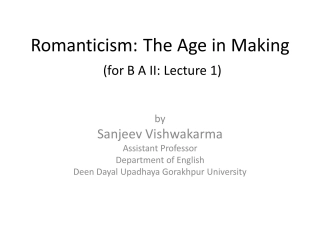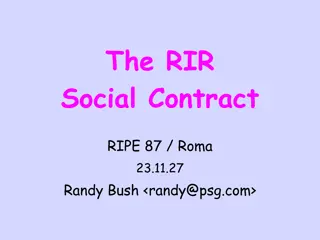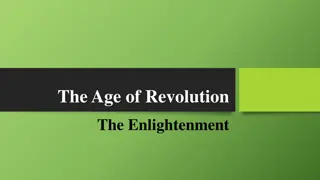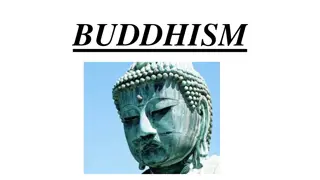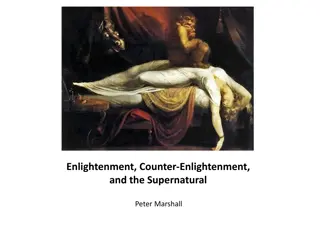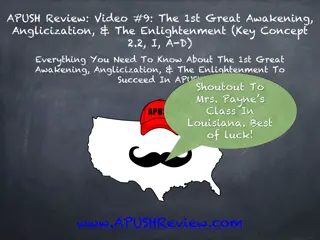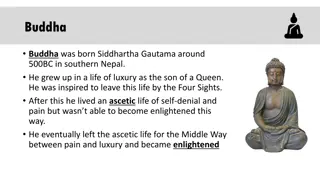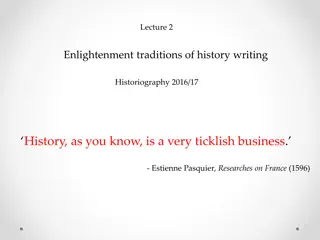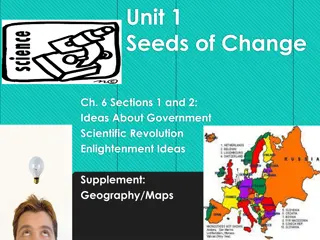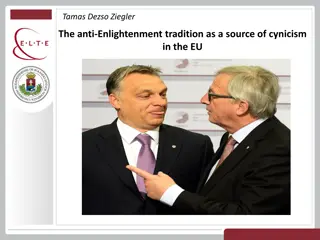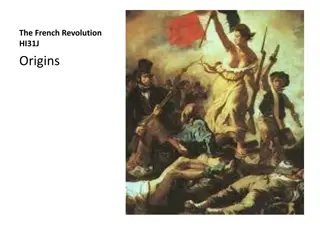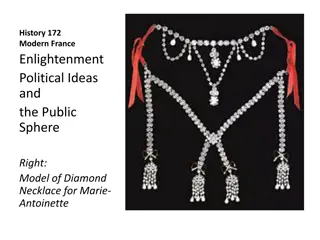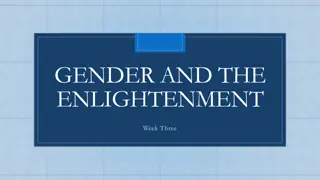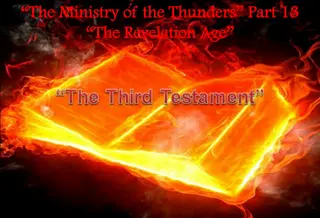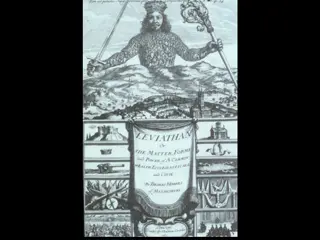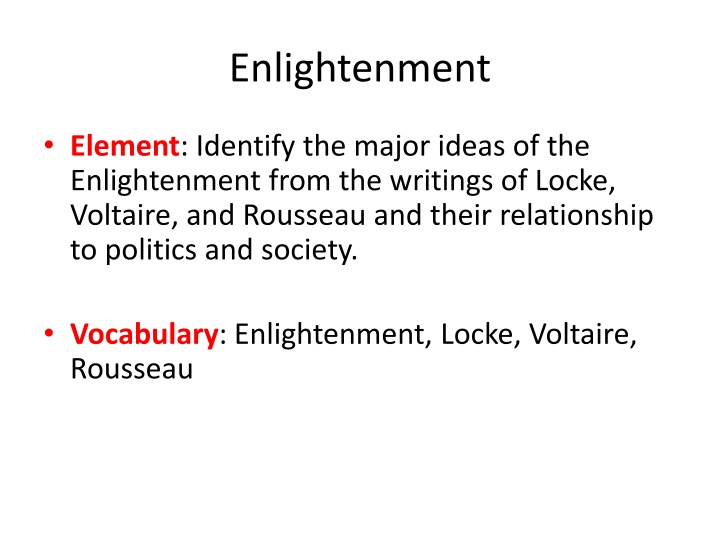
Major Ideas of Locke, Voltaire, and Rousseau in Enlightenment Writings
Explore the significant ideas of Locke, Voltaire, and Rousseau from the Enlightenment period, focusing on their views on politics and society. Locke emphasized natural rights and government's role, Voltaire advocated for religious toleration and reason, while Rousseau discussed social contract and individual freedom.
Download Presentation

Please find below an Image/Link to download the presentation.
The content on the website is provided AS IS for your information and personal use only. It may not be sold, licensed, or shared on other websites without obtaining consent from the author. If you encounter any issues during the download, it is possible that the publisher has removed the file from their server.
You are allowed to download the files provided on this website for personal or commercial use, subject to the condition that they are used lawfully. All files are the property of their respective owners.
The content on the website is provided AS IS for your information and personal use only. It may not be sold, licensed, or shared on other websites without obtaining consent from the author.
E N D
Presentation Transcript
Enlightenment Element: Identify the major ideas of the Enlightenment from the writings of Locke, Voltaire, and Rousseau and their relationship to politics and society. Vocabulary: Enlightenment, Locke, Voltaire, Rousseau
Enlightenment a period which produced new ideas about government Newton discovered natural laws governing the universe many believed there were natural laws governing politics, economics, and other aspects of society as well
John Locke Writings: Second Treatise on Government In a natural state all people are equal and independent, and none have a right to harm another s life, health, liberty, or possessions.
John Locke: Ideas knowledge and worldview comes from one s environment and experiences reason above simple faith people could be changed by altering their surroundings
John Locke: Ideas challenged the old view that monarchs possess a God-given right to rule people were born with natural rights that included life, liberty, and property For the good of society, people give up certain freedoms and empower governments to maintain order citizens have the right to replace any government that fails to serve the public good
Stop and Think! How do you think these ideas might influence politics and society?
John Locke: Impact fundamental to US Declaration of Independence influenced Thomas Jefferson, life, liberty and the pursuit of hapiness
Voltaire Writings: On Intolerance Those who can make you believe absurdities can make you commit atrocities. I may not like what you have to say, but I will defend to the death your right to say it
Voltaire: Ideas known for his criticism of Christianity belief in religious toleration championed deism, an eighteenth-century religious philosophy based on reason and natural law Deists believe the world is like a clock that God created and set according to his natural laws, and then let run without his intervention
Stop and Think! How do you think Voltaire s ideas might influence society and politics?
Voltaire: Impact guaranteed in US Bill of Rights and French Declaration of the Rights of Man and Citizen European Monarchs reduce persecution
Jean Jacques Rousseau Writing: The Social Contract No man has any natural authority over his fellow men.
Jean Jacques Rousseau: Ideas argued that the general will of the people acted as a social contract Everyone, citizens and the government, should abide by this agreement In other words, the government should reflect the will of the people
Stop and Think! How do you think Rousseau s ideas might influence politics and society?
Jean Jacques Rousseau: Impact inspired many of the leaders of the French Revolution who overthrew the monarchy in 1789 influenced socialism, and nationalism
Effects of the Enlightenment a growing belief in progress a more secular outlook the growing importance of the individual a period of Revolutions

